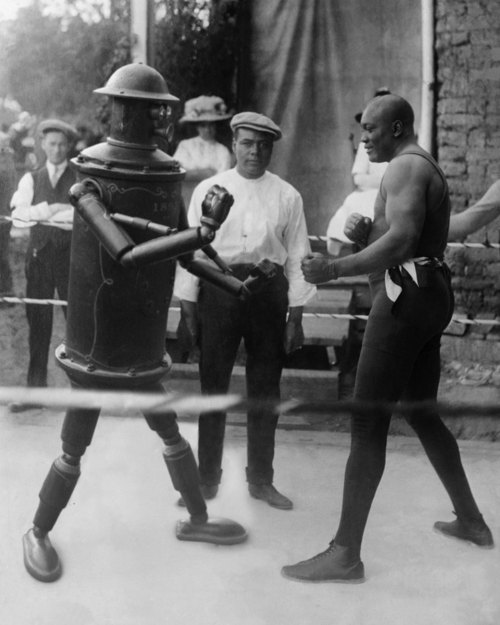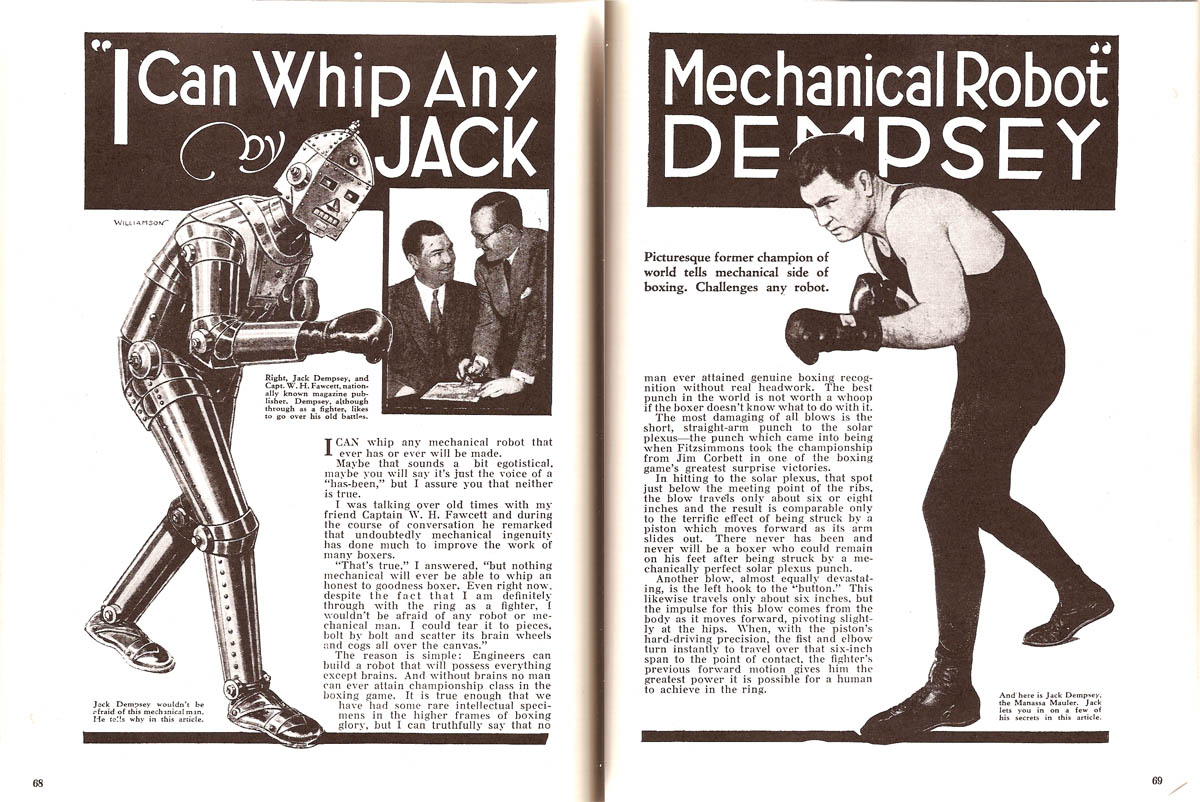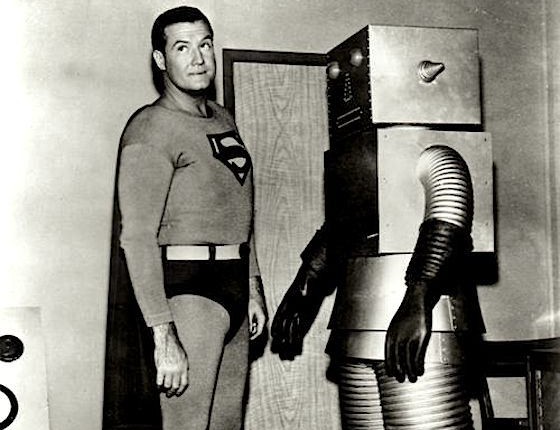- Somehow I don’t think toil will ever completely disappear from the human struggle, but then I’m a product of my time.
- Limitless abundance is on the table as more and more work becomes automated as is societal collapse. Distribution is the key, especially in the near future.
- If post-scarcity were to become reality in the next several hundred years, humans would have to redefine why we’re here. I’m not so worried about that possibility if it happens gradually. I think we’re good at redirecting ourselves over time. It’s the crash into the new that can cause us trouble, and right now a collision seems more likely than a safe landing.
- When we decided to head to the moon, many, even the U.S. President, thought travel into space would foster peace on Earth. Maybe it has helped somewhat and perhaps it will do so more in the future as we fan out through the solar system, but it wasn’t a cure-all for what ails us as a species. Neither would a work-free world make things perfect. We’ll still fight amongst ourselves and struggle to govern. It will likely be better, but it won’t be utopia.
In a Guardian piece, Ryan Avent, author of The Wealth of Humans, writes of the potential pluses and perils of a work-free world. An excerpt:
Despite impressive progress in robotics and machine intelligence, those of us alive today can expect to keep on labouring until retirement. But while Star Trek-style replicators and robot nannies remain generations away, the digital revolution is nonetheless beginning to wreak havoc. Economists and politicians have puzzled over the struggles workers have experienced in recent decades: the pitiful rate of growth in wages, rising inequality, and the growing flow of national income to profits and rents rather than pay cheques. The primary culprit is technology. The digital revolution has helped supercharge globalisation, automated routine jobs, and allowed small teams of highly skilled workers to manage tasks that once required scores of people. The result has been a glut of labour that economies have struggled to digest.
Labour markets have coped the only way they are able: workers needing jobs have little option but to accept dismally low wages. Bosses shrug and use people to do jobs that could, if necessary, be done by machines. Big retailers and delivery firms feel less pressure to turn their warehouses over to robots when there are long queues of people willing to move boxes around for low pay. Law offices put off plans to invest in sophisticated document scanning and analysis technology because legal assistants are a dime a dozen. People continue to staff checkout counters when machines would often, if not always, be just as good. Ironically, the first symptoms of a dawning era of technological abundance are to be found in the growth of low-wage, low-productivity employment. And this mess starts to reveal just how tricky the construction of a workless world will be. The most difficult challenge posed by an economic revolution is not how to come up with the magical new technologies in the first place; it is how to reshape society so that the technologies can be put to good use while also keeping the great mass of workers satisfied with their lot in life. So far, we are failing.
Preparing for a world without work means grappling with the roles work plays in society, and finding potential substitutes.•
Tags: Ryan Avent



